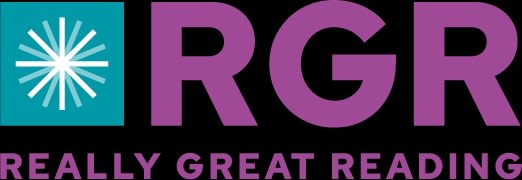Dive Brief:
- Tiffany Anderson, the superintendent of the Jennings School District, writes in District Administration that improving schools can be a way to transform communities struggling with poverty and oppression.
- Jennings School District borders Ferguson, where the death of Michael Brown, an unarmed black man, at the hands of police prompted national demonstrations and an ongoing conversation about race in American society.
- Last year, Jennings, which serves a predominantly poor and minority population, reached a 91% graduation rate and the city has seen some positive economic developments.
Dive Insight:
The idea that schools can help break the larger cycle of poverty is a controversial one. Critics say that teachers can't bear responsibility for broken systems elsewhere and contest the idea that school improvement alone can alleviate generational struggles with poverty.
Anderson acknowledges those critiques and says that schools must take a holistic approach to child and family support. Jennings has extended free lunch to all students and has overhauled its disciplinary strategies. More students now receive mental health counseling and remain in school after misbehaving in class. The district has also started to work with local businesses and institutions to place students either in a job or in college after they graduate.
Additionally, Jennings has been involved in the conversation about racial divides that began in Ferguson. Students and school administrators marched over racially-motivated policing, meeting with local law enforcement officials to request more community policing and more minority recruitment.












